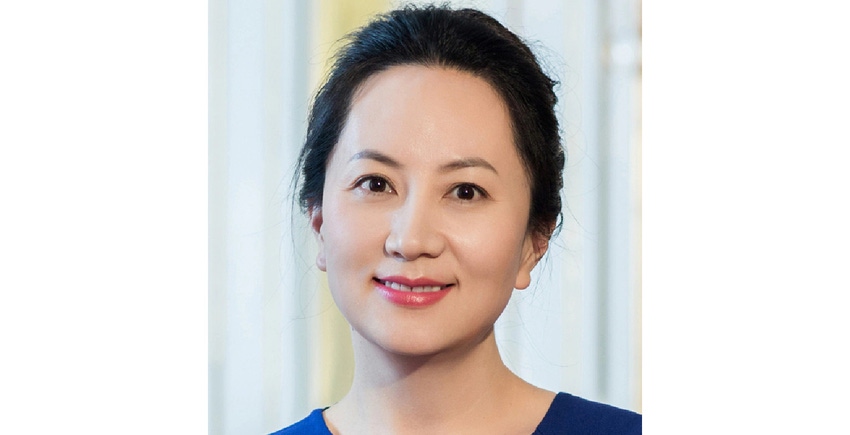Huawei CFO Meng Wanzhou is accused by the US of fraud and email evidence that may have proven her innocence has been rejected by a Canadian judge.
July 12, 2021

Huawei CFO Meng Wanzhou (pictured) is accused by the US of fraud and email evidence that may have proven her innocence has been rejected by a Canadian judge.
The news has been widely reported and it doesn’t look like Associate Chief Justice Heather Holmes gave a reason for denying the late inclusion of fresh evidence in the hearings into whether or not Canada should extradite Meng to the US. Specifically we’re talking about correspondence between Huawei and HSBC, which the defence thinks fundamentally undermine the US case against her.
Meng is charged with fraud relating to a company called Skycom, which we’re led to believe was doing business with Iran at a time when the US had strong trade sanctions in place against it. The claim is that Huawei controlled Skycom, used it as a front to evade those sanctions, and Meng lied to HSBC about that relationship – hence the fraud.
As Light Reading reported last week, after trying for some time Huawei finally got hold of a bunch of correspondence from HSBC that it reckons prove HSBC was fully aware of Huawei’s relationship with Skycom, hence no deception and thus no fraud. Judging from the report, the evidence isn’t as conclusive as Huawei seems to hope, but does reveal some dialogue between the two companies on the matter of Skycom’s ownership.
So while this evidence isn’t quite the ‘smoking gun’ (or whatever the appropriate metaphor for exculpatory evidence is – ‘busted gun’?) Huawei was hoping for, at the very least it introduces an extra element of doubt into the US fraud allegation. It’s also not clear how strong the US case is, but the proceedings are due to conclude this summer, so we’ll soon find out. What does seem unquestionable is that the refusal to admit this evidence represents a significant setback for Meng and Huawei.
“We respect the court’s ruling, but regret this outcome,” said Huawei in a written statement. “Even though the court did not permit Ms Meng to introduce additional evidence, the new documents demonstrate clearly that HSBC, including its senior executives, were aware of Huawei’s relationship with Skycom and its business in Iran. It shows that the United States’ Record of the Case (ROC) and Supplemental ROCs are manifestly unreliable. The hearings will continue, and as always we support Ms Meng in her pursuit of justice and freedom.”
It’s hard to shake the feeling that this case is, at least in part, a proxy for the great political battle of wills between the US and China. Canada has been dragged into the fight through this extradition request and that seems like a factor in China’s detention of two Canadian citizens. If the US succeeds in extraditing Meng it will be interesting to see if she’s eventually used as a geopolitical bargaining chip, something that certainly seemed likely during the highly transactional presidency under which this case originated.
About the Author(s)
You May Also Like








.png?width=300&auto=webp&quality=80&disable=upscale)


_1.jpg?width=300&auto=webp&quality=80&disable=upscale)


.png?width=800&auto=webp&quality=80&disable=upscale)